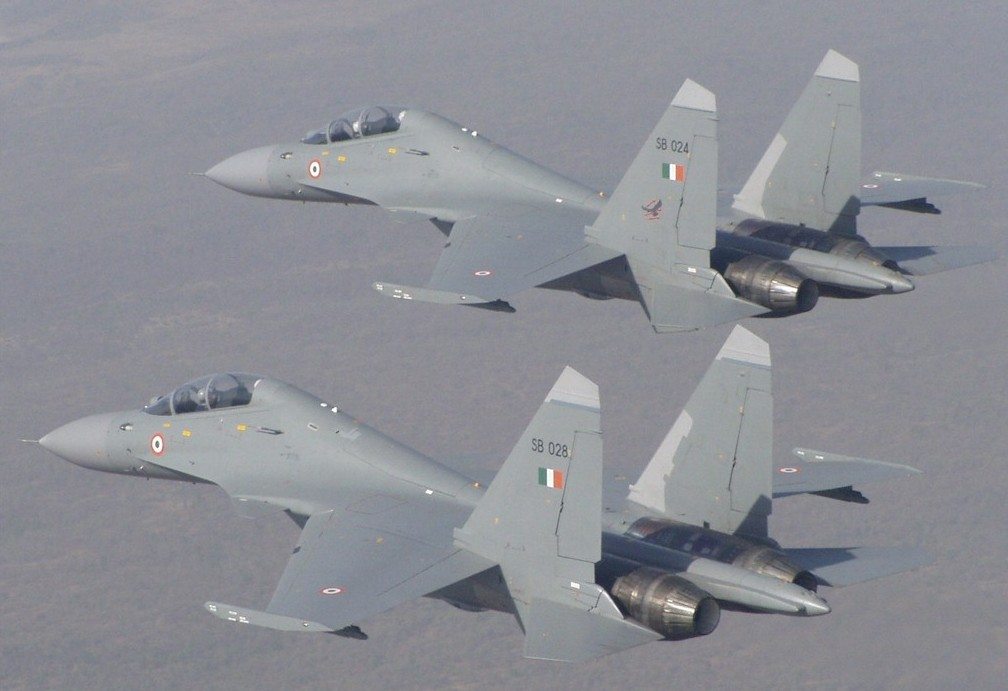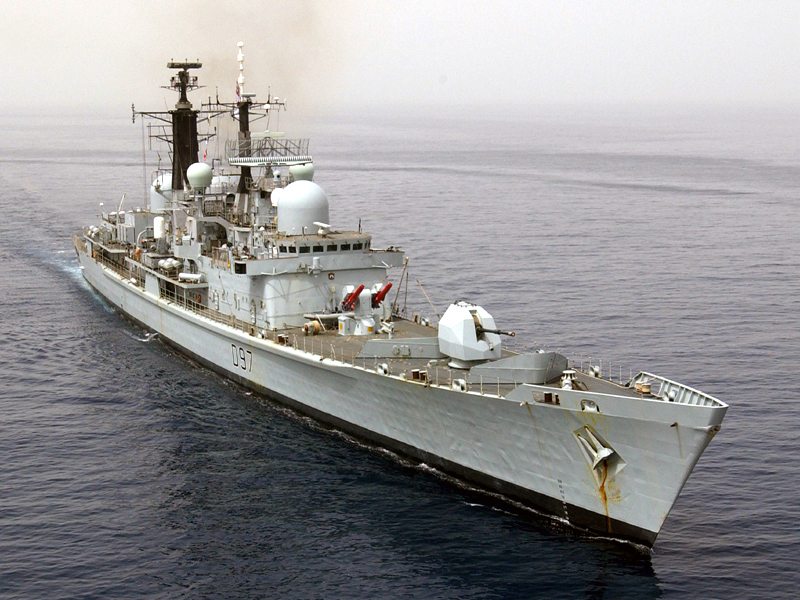he Indian Air Force (IAF) doesn`t intend to ground its fleet of Sukhoi SU-30MKI combat jets despite a sixth plane crashing in six years, says Defence Minister Manohar Parrikar even as concerns over the frontline fighter continue.
The SU-30 fleet has in the past been grounded thrice after accidents but this would not happen again despite Tuesday’s crash of a fighter in Assam. “We are not grounding the fleet… We can`t ground the fleet after every accident,” Parrkiar told IANS.
The defence minister has, however, called a high-level meeting next week to evaluate the condition of the Sukhoi fleet. “We will have a meeting next week and discuss the issue,” he said. The IAF chief, Air Chief Marshal Arup Raha, is expected to attend the meeting along with his key officers.
The first Russian-made Sukhoi was accepted by the IAF in 2002, and the first indigenously assembled Su-30MKI entered service in 2004.
The first Su-30MKI crashed in the Pokhran region of Rajasthan in April 2009, following which the entire fleet was grounded for around three weeks. The then defence minister, A.K. Antony, said it was due to failure of the fly-by-wire system.
On November 30, 2009, another plane crashed in Rajasthan and the fleet was grounded once again. The crash was attributed to accidental ingestion of a foreign object in the engine intake.
Another crash took place near Pune in December 2011, and again in Pokhran in February 2013. In October 2014, a crash near Pune led to longest grounding of the fleet for almost a month.
A court of inquiry into the crash, however, remained inconclusive.
Asked about this, Parrikar said: “Not every inquiry reaches a conclusion. It remained inconclusive.”
According to defence ministry figures, around Rs.2,264 crore ($355 million) was spent on the upkeep of Sukhoi jets between 2011 and 2014. India has 10 squadrons of 200 Su-30MKIs at present, and at least 70 more are to be inducted in the next few years.
The Su-30s make up almost a third of India’s fighter jets.
Interestingly, a recent report of a parliamentary panel on defence expressed concern over the lack of shelters for the jets.
According to the report, the committee was informed that the Su-30MKIs were parked outside as they could not fit into existing hardened shelters. The committee expressed concern over the situation, saying it is “extremely pertinent” that no damage is caused to the available aircraft.
The committee said New Generation Hardened Aircraft Shelter (NGHAS) should be provided for the jets.











